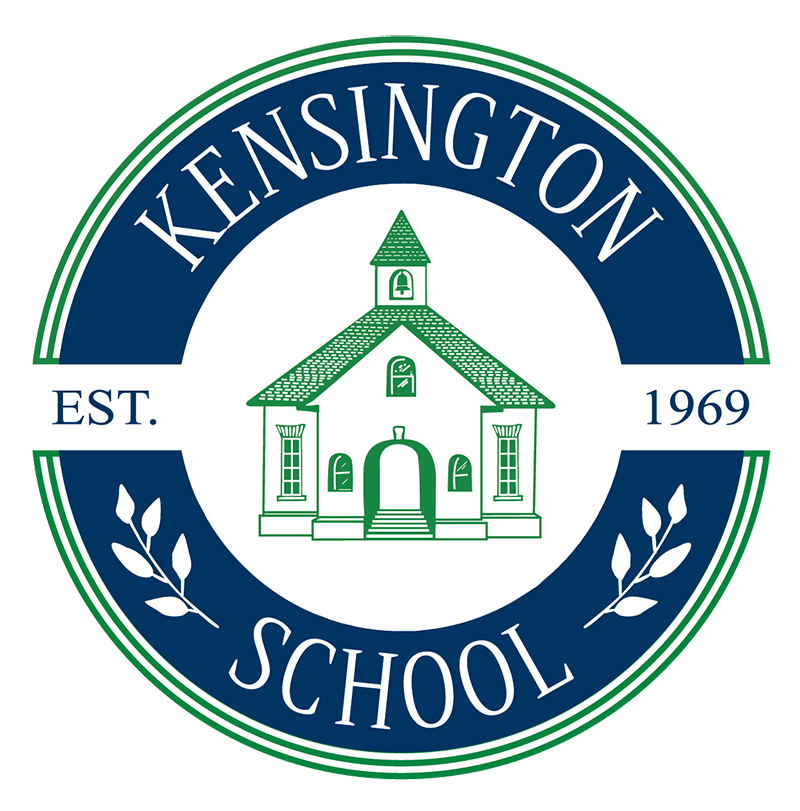2. Licensed: The majority of early childhood programs in the state of Illinois are licensed by the Department of Children and Family Services (DCFS). The licensor monitors compliance on regulations relating to physical health and safety. Kensington School has a rich history of partnering with our licensor to make sure that there is attention to every detail.
3. Accredited: The National Association for the Education of Young Children (NAEYC) awards accreditation to a small percentage of early childhood education programs. The accreditation process includes a comprehensive self-study where ten areas of standards are explored. School administrators, parents and staff evaluate the school’s performance relating to relationship building, curriculum, teaching, assessment of child progress, health, staff competency, preparation and support, family engagement, community relationships, physical environment, and leadership before an accreditation is awarded.
NAEYC dives deeply into every aspect of quality. A validator reviews the documented evidence of quality and conducts an on-site visit to ensure the program accurately documented their performance on over 800 criteria. The Council for NAEYC Early Learning Program Accreditation reviews the documentation from the program and the validator to decide if a program meets the stringent criteria required to be awarded accreditation. A program has earned accreditation participates in ongoing monitoring and review and seeks reaccreditation every five years.
Preparedness
Safety Drills: We have designed our buildings and environments to ensure the utmost safety. We use state-of-the-art fire detection and suppression systems, and hold monthly fire drills to make sure that every teacher is perfectly prepared to escort the children out quickly and safely should an evacuation become necessary.
The children enjoy our spacious playgrounds, and we bring learning outdoors as much as possible. However, since weather is not always conducive to outdoor play, it is closely monitored and the Child Care Weather Watch chart is used to determine the safety of being outdoors. Tornado drills are held seasonally to assure the readiness of our school community to remain safe should the weather become severe.
Our doors are secure, and our entrance is limited to staff, families, and those we invite to visit our schools. Routine “Hide and Seek” drills prepare all children and staff should a threat occur. The teachers escort the children to their safe space where they quietly wait in anticipation of their director happily finding them.
Selection of Staff
Safety starts with having the right people in place. Candidates are extensively screened and interviewed. All Kensington employees undergo an extensive background check and references are confirmed. Approval of their interview by our executive team is required before an employment is offered.
New employees engage in orientation training during their first week and are paired with an age specific mentor for ongoing support. As a compensation leader in the early childhood system, Kensington School attracts and retains the highest quality staff.
Safety Training and Support
First Aid and CPR training is provided by Kensington School and required of all school employees. Additional training includes safe sleep for infants, food handling, allergy safety, sanitation, illness prevention, and emergency preparedness. Additional training is provided for all staff throughout the year to address child development, classroom management, curriculum, and seasonally specific safety protocols.
